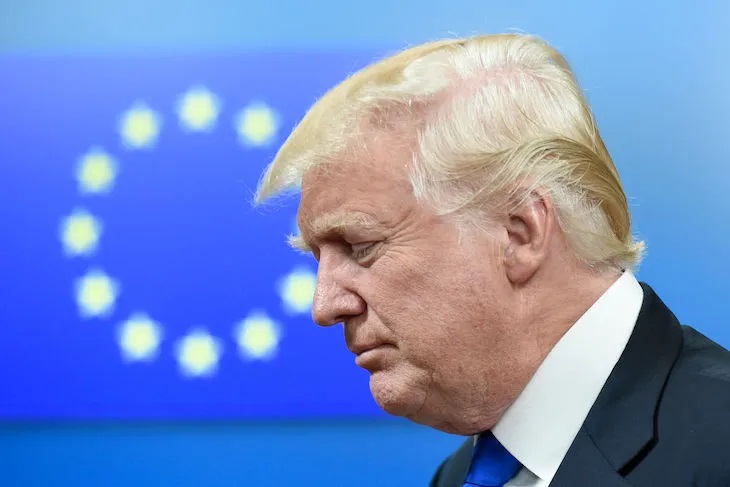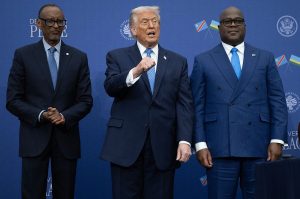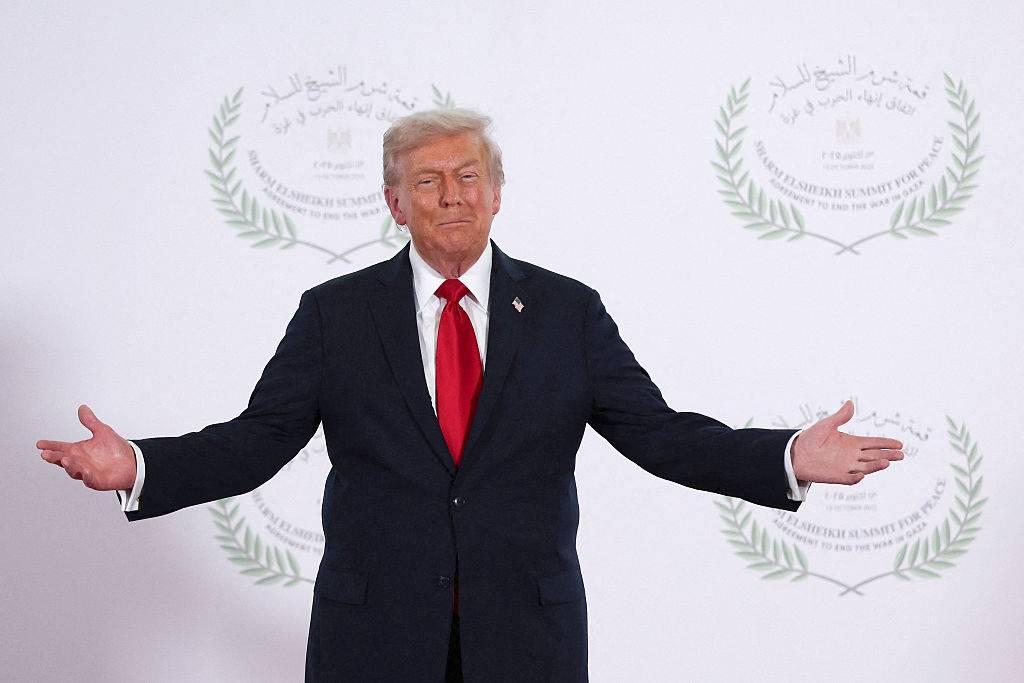It may well be the biggest and most significant choice the administration of British prime minister Keir Starmer will have to take. If Donald Trump decides to impose huge tariffs on China, potentially sparking a global trade war, the UK will have to decide whether it backs America, or tries to steer a softer path with the European Union. All the indications are that it will choose Europe. The trouble is, that will prove a huge mistake — the British economy is very different from the rest of Europe, and Britain will be thrown overboard as soon as it is convenient.
The contrast has ground to a halt, and it makes little sense to tie yourself to a failing bloc
Trump is not a man who is bothered by consistency. Even so, he spent so much time on the campaign trail promising to hit China with tariffs of up to 60 percent that it would be hard for him to abandon the promise now. The business secretary Jonathan Reynolds dropped some heavy hints yesterday that if a trade war does break out, the UK should side with the EU on taking a softer line with China. “The US is a major and important trade partner for the UK,” he told a House of Lords committee. “But compared with the EU with over £800 billion ($1 trillion) of bilateral trade, clearly if there were things that we are offered or asked to do that would result in an adverse relationship on the European side, we would have to weigh the consequences of that.” In other words, the UK will stick with Brussels over Washington.
Of course, it is possible to see what Reynolds is getting at. Although the US is the UK’s single largest trade partner, the EU overall is a lot larger. In a trade war, there is an argument for trying to steer a middle way between the two sides. Even so, it would still be a huge mistake. First, the UK has a very different economy to the rest of Europe, and is far more reliant on services over manufactured goods. But services are typically exempt from tariffs. All the British law firms, consultancies and media companies selling around the world won’t notice a trade war in the way German and French auto and chemical businesses will. Next, the US is the world’s growth economy, and that will be even more true as Trump cuts taxes and regulations. The EU by contrast has ground to a halt, and it makes little sense to tie yourself to a failing bloc. Finally, after the trauma of our departure from the EU, Brussels can’t be trusted. We are no longer part of the club and can’t expect our interests to be protected. If its trade officials need to throw the British to the wolves to cut a deal, they will, and, in truth, it would be hard to blame them. By contrast, if we side with Washington, we will be rewarded, almost certainly with a free trade deal.
The Labour government is instinctively pro-EU. Despite its dismal results, it likes Europe’s high-regulation, big government model. It may try to be polite, but it detests Donald Trump, and wants to have as little to do with him as possible. It will be tempted to take Europe’s side in a looming trade war. There may even be a few short-term benefits. But it would be a huge strategic mistake for the UK — and one that will be hard to back out of once the choice is made.
This article was originally published on The Spectator’s UK website.

























